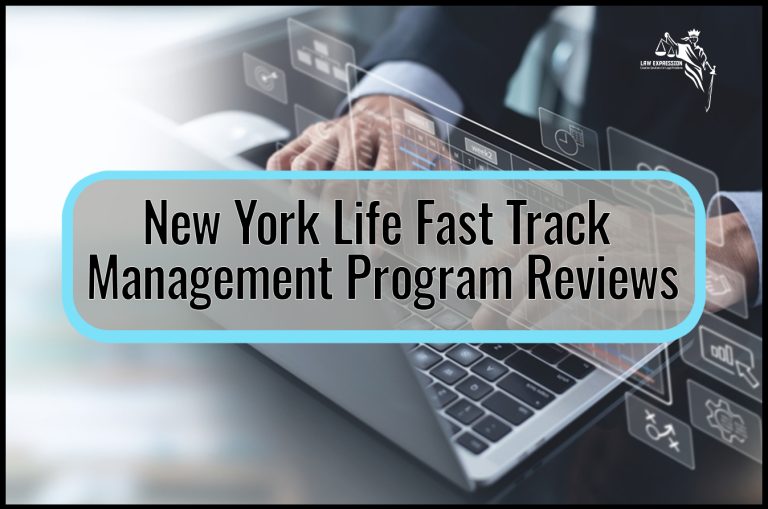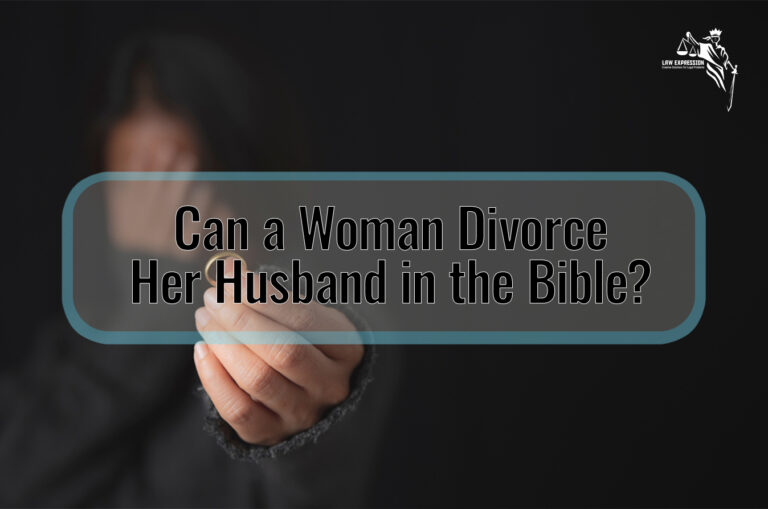can a parent stop a child from seeing the other parent
It is not uncommon for one parent to try to keep the child away from the other parent. However, this can backfire in a big way. The child may feel caught in the middle and may resent both parents for putting him or her in that position.
Additionally, the child may come to believe that one parent is better than the other and may have difficulty developing a healthy relationship with both parents.
When it comes to divorce and child custody, one of the most difficult decisions is what to do when one parent wants to keep the child away from the other. In some cases, this may be necessary due to abuse or neglect. But in other cases, keeping a child away from a loving and involved parent can backfire.
There are a few things to consider before making this decision. First, how will it affect the child? Keeping a child away from a parent can cause feelings of abandonment, resentment, and confusion.
It’s important to think about how this will impact the child both short-term and long-term.
Second, how will it affect the relationship between the parents? If one parent is kept away from the child, it’s likely that there will be tension and conflict between the parents.
This can make co-parenting more difficult and can put stress on the relationship between the parents.
Finally, how will it affect the family as a whole? If one parent is kept away from the child, it’s possible that grandparents or other relatives may also be kept away.
This can disrupt family dynamics and create additional stress for everyone involved.
Ultimately, keeping a child away from one parent should only be done if there is a good reason for doing so. It’s important to weigh all of these factors before making any decisions.
Does Parental Alienation Backfire?
When a custodial parent attempts to turn a child against the non-custodial parent, it is called parental alienation. This can backfire in several ways. The alienated parent may:
1. Become so frustrated that they give up on their relationship with their child altogether.
2. Win custody of the child in court by proving that the other parent is unfit due to their alienating behavior.
3. Take legal action against the custodial parent for defamation or slander.
4. Seek full custody of the child in order to protect them from further alienation by the other parent.
Parental alienation can have lasting effects on both the children and parents involved. It can cause emotional damage to the children and make it difficult for them to form healthy relationships later in life.
What is It Called When a Parent Keeps a Child Away from Another Parent?
When a parent keeps a child away from another parent, it is called parental alienation. Parental alienation can occur when one parent tries to turn the child against the other parent. This can happen through verbal or emotional abuse, or by withholding love and affection.
The goal of parental alienation is to damage or destroy the relationship between the child and the other parent.
How Do You Prove a Parent is Manipulating a Child?
There are a few ways to go about proving that a parent is manipulating their child. The most common way is through psychological evaluations and interviews with the child. These can be conducted by therapists, counselors, or even psychiatrists.
It’s important to get an objective third party opinion on the matter.
Another way to prove manipulation is through documentation. If there are emails, text messages, or other forms of communication between the parent and child that suggest manipulation, these can be used as evidence.
Additionally, if the child has been keeping a diary or journal detailing the manipulative behavior, this can also be helpful in proving manipulation.
Ultimately, it can be difficult to definitively prove that a parent is manipulating their child. However, if there is enough evidence to suggest that it’s happening, it’s important to take action in order to protect the child from further harm.
How Do I Protect My Child from a Toxic Parent?
It’s difficult to protect your child from a toxic parent, but it’s not impossible. There are a few things you can do to help your child deal with a toxic parent and lessen the impact that their toxicity has on your child.
First, try to create a supportive and positive environment at home.
This will help offset some of the negativity that your child is experiencing from their other parent. Show your child lots of love and attention, and let them know that they can always come to you with any problems or concerns.
Secondly, encourage your child to talk about their feelings regarding their other parent.
It’s important for them to have an outlet to express what they’re going through. You can also provide guidance and support as they navigate these complicated emotions.
Finally, make sure you’re taking care of yourself too.
This is vitally important, as it’s very easy to get caught up in taking care of everyone else while forgetting about your own needs. Make sure you have a strong support system in place, whether it’s friends, family, or a therapist. And don’t be afraid to reach out for help if you’re feeling overwhelmed – it’s better to ask for help than try to do everything on your own and end up burning out.
Parental Alienation Will Backfire on YOU!
Can One Parent Keep a Child from the Other Parent Without Court Orders
If you are a parent and you are concerned that the other parent may take your child away from you, or if you have already been separated from your child, it is important to understand your rights. Depending on the situation, one parent may be able to keep a child away from the other parent without court orders.
If the parents were never married, then usually only the biological mother has legal custody of the child.
The father would need to establish paternity in order to gain any custody rights. Once paternity is established, then both parents would have equal legal custody of the child unless a court orders otherwise. If there is any danger to the child, such as abuse or neglect, then one parent may be able to get an emergency protective order which would prevent the other parent from having any contact with the child until a hearing could be held.
If the parents are married or were married but are now divorced, then generally both parents have joint legal custody of their children unless a court has ordered otherwise. This means that both parents must make major decisions about their children together such as where they will live and what type of education they will receive. However, even if both parents have joint legal custody, one parent may still have primary physical custody of the children which means that the children live with that parent most of the time.
In some cases, one parent may have sole physical custody while both parents still share joint legal custody. This can happen when there is a history of domestic violence or abuse or if one parent suffers from addiction problems. If there is any danger to the children if they are in eitherparent’s care, then a court may award sole physical custody to one parent and supervised visitation to the otherparent .
Mother Keeping Child Away from Father
When a mother keeps her child away from the father, it is usually because she is trying to protect her child from harm. The father may be abusive, alcoholic, or have other problems that make him an unfit parent. Sometimes, the mother may not want the father to have any contact with the child at all.
In other cases, the mother may allow some limited contact, such as supervised visits. Whatever the reason, keeping the child away from the father can have a profound effect on both the child and the father.
The child may feel abandoned by his or her father and may resent the mother for keeping them apart.
The child may also suffer from emotional and behavioral problems as a result of having an absent father. Meanwhile, the father may become angry and bitter at being shut out of his child’s life. He may also feel like he’s missing out on important aspects of his child’s development.
If you are a mother who is keeping her child away from the father, it’s important to consider both sides of this issue before making your decision.
Using Child to Hurt Other Parent
It is not uncommon for one parent to use their child as a weapon against the other parent. This can take many forms, such as:
• Refusing to let the other parent see their child
• Making false accusations of abuse or neglect against the other parent
• Brainwashing the child into believing that the other parent is evil or doesn’t love them
• Forcing the child to choose between parents
This type of behaviour is often rooted in jealousy, resentment, and a desire to control or harm the other parent. It can be extremely damaging to both the child and the relationship between them and their other parent. If you are facing this situation, it is important to seek help from a professional who can assess the situation and provide guidance on how to protect your relationship with your child.
Withholding a Child from Another Parent With Court Order
According to the National Parents Organization, approximately every other day in the United States, a child is abducted by a parent and taken to another state or country. In most cases, these abductions are in violation of a court order.
There are many reasons why a parent might choose to abduct their child.
They may believe that the other parent is unfit, or that they will be able to provide a better life for the child elsewhere. Sometimes, abduction is used as a way to punish the other parent.
Whatever the reason may be, it is important to remember that abduction is a serious crime.
If you have been ordered by the court not to take your child out of state or country, and you do so anyway, you could face serious legal consequences. This includes jail time and large fines. You may also lose custody of your child altogether.
If you are considering withholding your child from another parent with a court order, it is important that you speak with an experienced attorney beforehand. They can help you understand the risks involved and determine if it is worth taking such a risk.
Conclusion
The blog post discusses how keeping a child away from the other parent can backfire. The author gives examples of how this can happen and why it is not in the best interest of the child. In conclusion, the author advises against keeping a child away from the other parent.




